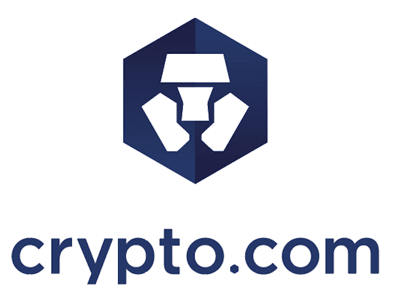The cryptocurrency exchange industry has taken huge strides, and today the world has over 544 active crypto exchanges trading billions of dollars. With so many options, it’s hard to know where to start. In this article, I'll be comparing two popular trading platforms: Bitget and Kucoin. Both are relatively new in the crypto market and have grown in popularity among traders because of their low fees and number of trading markets.
This article discusses the pros and cons of each exchange, comparing factors like security, ease of use, features, and stability. My goal is to help you distinguish between the two, and establish which is better for your needs.
Cell | 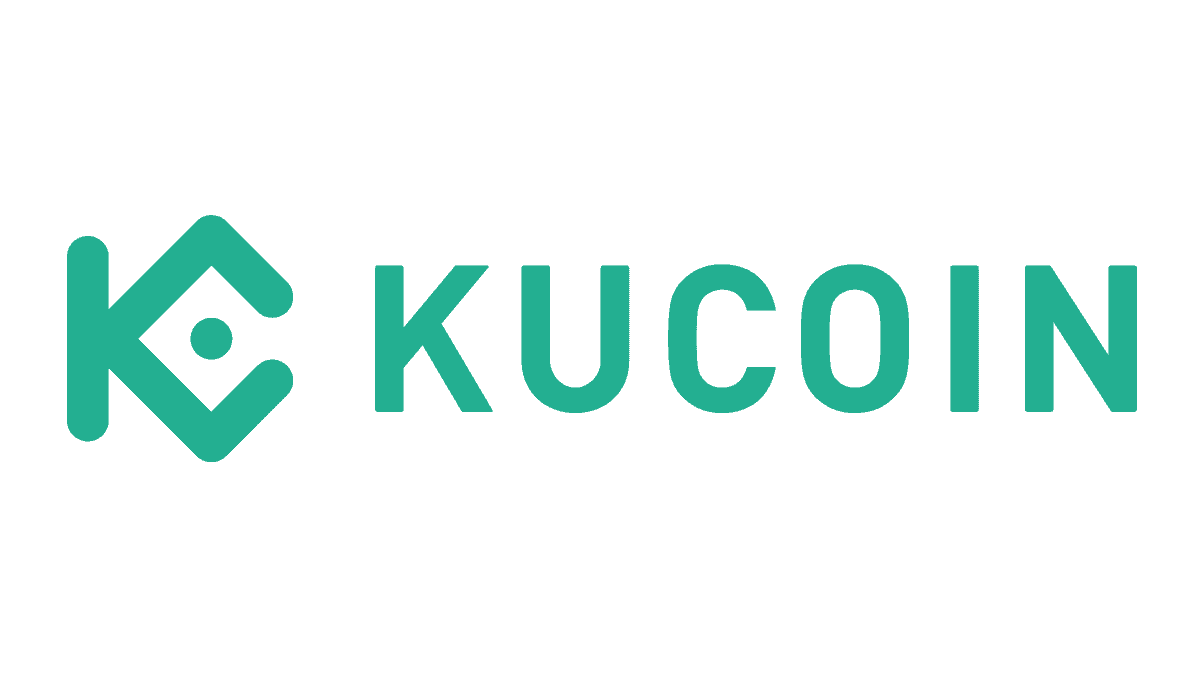 |  |
Fiat Currencies | USD, EUR, GBP, RUB, CNY, AUD & 40+ more | USD, EUR, GBP, BRL |
Number of Coins | 700+ | 450+ |
Trading Fees | 0.1% for spot, 0.02/0.06% for futures | 0.1% for spot, 0.02/0.06% (maker/taker) for futures |
Deposit Methods | Cell | Cell |
Bank Transfer | ||
Google Pay | ||
Fedwire | ||
PayPal | ||
Credit Card | ||
Debit Card | ||
Apple Pay | ||
SWIFT | ||
Skrill | ||
SOFORT/iDEAL | ||
Cryptocurrency | ||
Features | Cell | Cell |
User-friendly | ||
Mobile app | ||
Live Chat | ||
Security | Cell | Cell |
2FA | ||
Biometric security | ||
ISO 27001 certified | ||
Offline cold storage | ||
Website |
Cell |  | |
Fiat Currencies | USD, EUR, GBP, RUB, CNY, AUD & 40+ more | USD, EUR, GBP, BRL |
Number of Coins | 700+ | 450+ |
Trading Fees | 0.1% for spot, 0.02/0.06% for futures | 0.1% for spot, 0.02/0.06% (maker/taker) for futures |
Deposit Methods | Cell | Cell |
Bank Transfer | ||
Google Pay | ||
Fedwire | ||
PayPal | ||
Credit Card | ||
Debit Card | ||
Apple Pay | ||
SWIFT | ||
Skrill | ||
SOFORT/iDEAL | ||
Cryptocurrency | ||
Features | Cell | Cell |
Beginner-friendly | ||
Mobile app | ||
Live Chat | ||
Security | Cell | Cell |
2FA | ||
Biometric security | ||
ISO 27001 certified | ||
Offline cold storage | ||
Website |

- More than 700 cryptocurrencies to trade
- Low trading fees which you can reduce by 20% if you pay with KCS coins
- Supports spot, margin, and bot trading
- Earn interest on your coins through staking or lending
- Huge legitimate crypto exchange with more than 20 million users
- No fiat withdrawals supported

- Supports more than 450 cryptocurrencies
- Spot and futures trading markets
- Low trading fees
- Live Chat customer support available
- Copy Trader feature allows you to take advantage of other traders' experience
- Fewer trading markets compared to KuCoin
KuCoin vs Bitget Features
To better understand the strengths and weaknesses of KuCoin and Bitget, it's important to compare the features that each of them offer. You can then choose the better exchange for your trading goals.
Trading Markets
Bitget has two trading markets: spot trading and futures trading. Spot trading involves trading cryptocurrency for immediate delivery, while futures is for trading contracts binding the owner to buy/sell a certain coin at a future date. If you prefer futures trading, Bitget offers USDT-M, USDC-M, and COIN-M futures contracts. The COIN-M perpetual future contract is unique since it offers future contracts with and without a settlement date – meaning it’s possible to withdraw funds any time you want.
Kucoin users have two trading options: spot trading and derivatives trading. In derivatives trading, the future price of an asset is determined and settled at a later date. In Kucoin derivatives trading, the market works hand in hand with margin trading. But what is margin trading?
Margin Trading
Margin trading allows traders to borrow more funds for trading based on the collateral they have to grow profits. For example, if you have 100 USDT in your trading account, you can borrow money to trade, and pay interest on the amount you borrow. If you trade with 5x margin, you’ll have 500 USDT available for trading and can increase your profits.
There are two types of margin trading modes; these are cross and isolated margin. Cross margin represents all assets in the margin account, while isolated margin means each trading pair has its separate margin account. In the former, traders can leverage all the assets; in the latter, traders can only leverage the tokens corresponding to the trading pair.
In margin trading, there are two borrowing methods: manual and auto-borrow. Traders carry out manual borrowing, while the auto-borrowing system helps you borrow assets as requested. The accrued interest is calculated using the principal amount borrowed, the daily interest rate, and the time you did the borrowing. Kucoin charges a 5% fee on the accrued interest and a 10% fee as an insurance fund.
Bitget and Kucoin both have this feature, but with important differences. With Kucoin, the borrower gets 5x maximum leverage, 900+ trading pairs, and 4x borrowable assets of the total asset in their cross-margin account. Bitget, on the other hand, offers 50x margin trading pairs and 125x maximum leverage on the highest trading pair. Still, the borrower has to place a 10% equity or minimum collateral.
With Kucoin, you have more trading pairs available, but you cannot borrow as much for margin trading compared to Bitget. Most traders would agree that Bitget has the edge here because of the maximum leverage offered.
Automated Trading
Many crypto traders find it tedious to continually watch the ever-changing trading charts to make a profitable trade. With improvements in technology, some exchanges have realized the need to automate trading and provide a better experience to their users.
When it comes to crypto trading, there are two approaches to automated trading. They include copy trading and bot trading. Bitget offers copy trading, a practice that allows users to replicate the exact trades of successful traders and profit from their experience.
Bot trading uses software to automate trading, and Kucoin offers this feature for traders who want a hands-off approach. You can choose a pre-set bot, copy another user's profitable bot, or set up your own, tailored to your specifications.
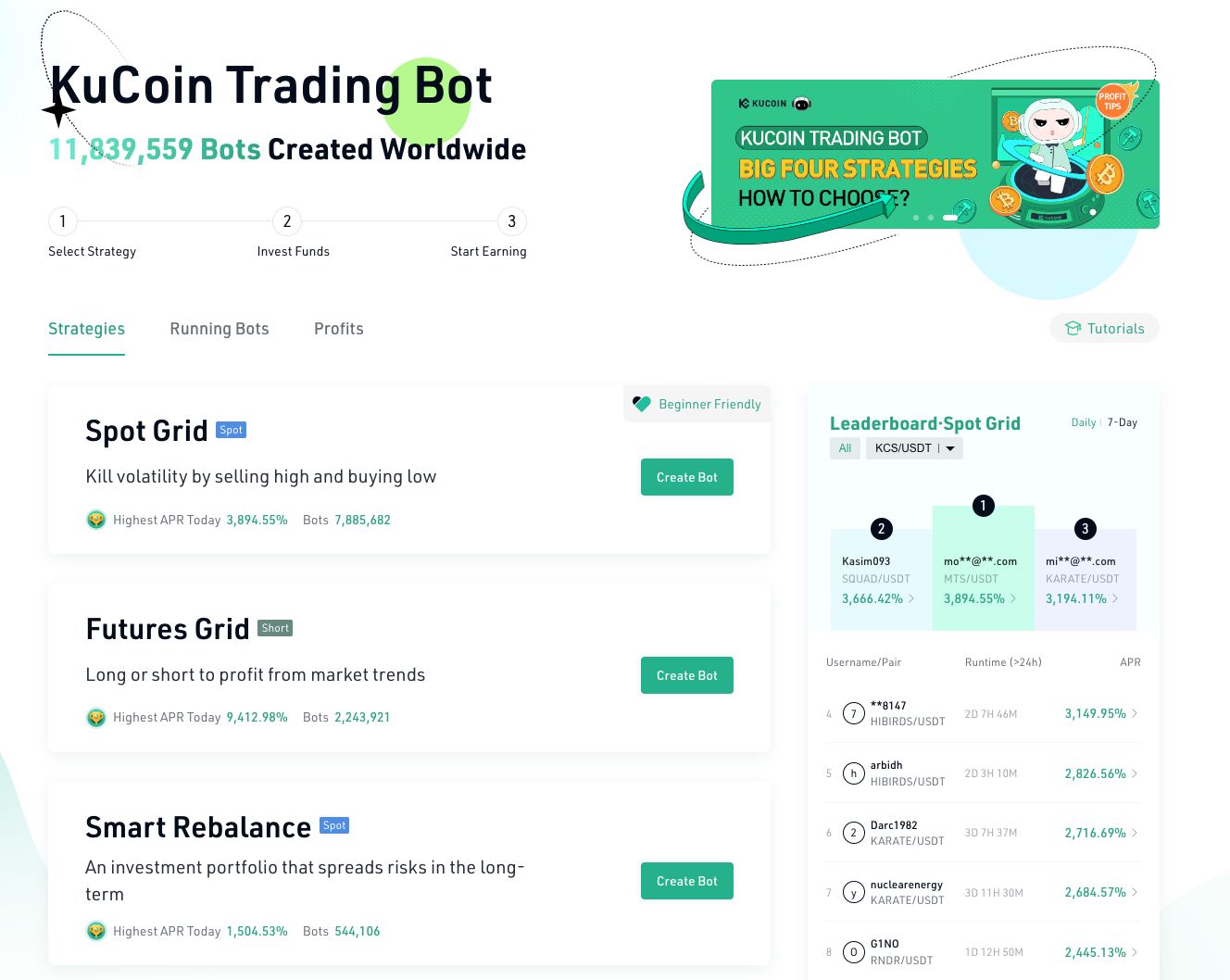
NFT Marketplace
Kucoin offers NFT trading, with three separate platforms: Windvane, Wonderland, and Fractional NFTs.
Windvane Platform
For users that want basic NFT trading, this is an excellent place to start. The platform allows users to mint, trade, sell and swap NFTs instantly.
Wonderland Platform
Kucoin wonderland is an NFT launch platform that allows users to buy, invest and manage their NFTs. The platform is ideal for gamers, enabling you to trade your NFTs with cryptocurrencies like KCS, BTC, Gari, and DOGE. It’s relatively new, which is why it has a limit on tradable currencies.
Fractional NFTs
Kucoin Fractional NFTs allow users to break down large NFTs into fractions and then sell them individually. It’s ideal for large NFTs, whose overall price is hard to estimate. When traders begin selling the first few fractions, they get an idea of the token’s price as a whole. Knowing this makes it easy to monetize your NFT asset since you can set the best price.
If you’re a savvy NFT trader, Kucoin is the best choice since it reconciles different platforms to accommodate your trading needs. Bitget doesn’t offer an NFT marketplace at the time of writing.
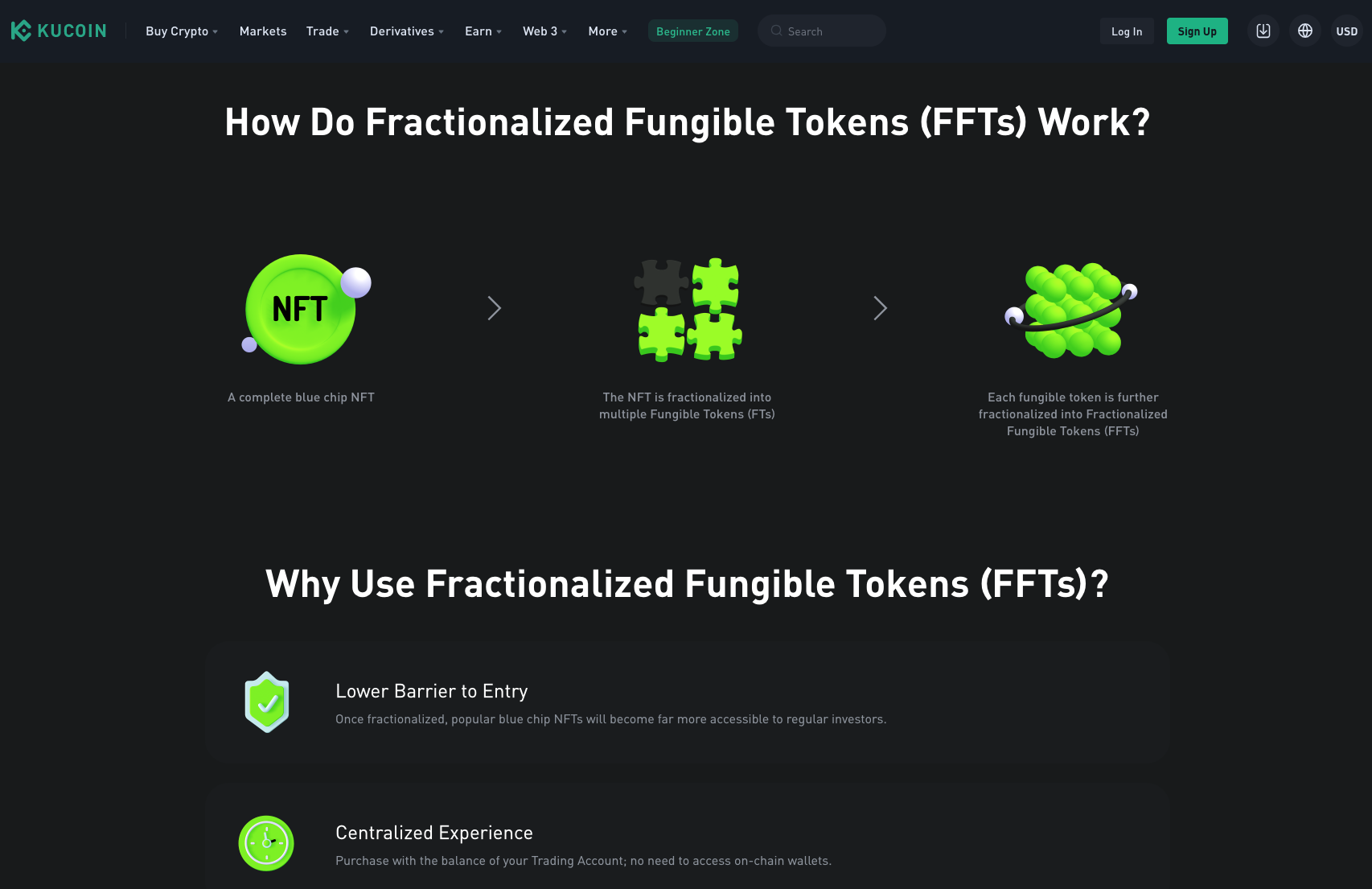
Earning Crypto
Bitget offers several ways to earn interest on your crypto
Savings
Bitget flexible savings allows traders to save cryptos and earn 20% interest after a fixed duration. The good thing is that you can opt out anytime and redeem your cryptos.
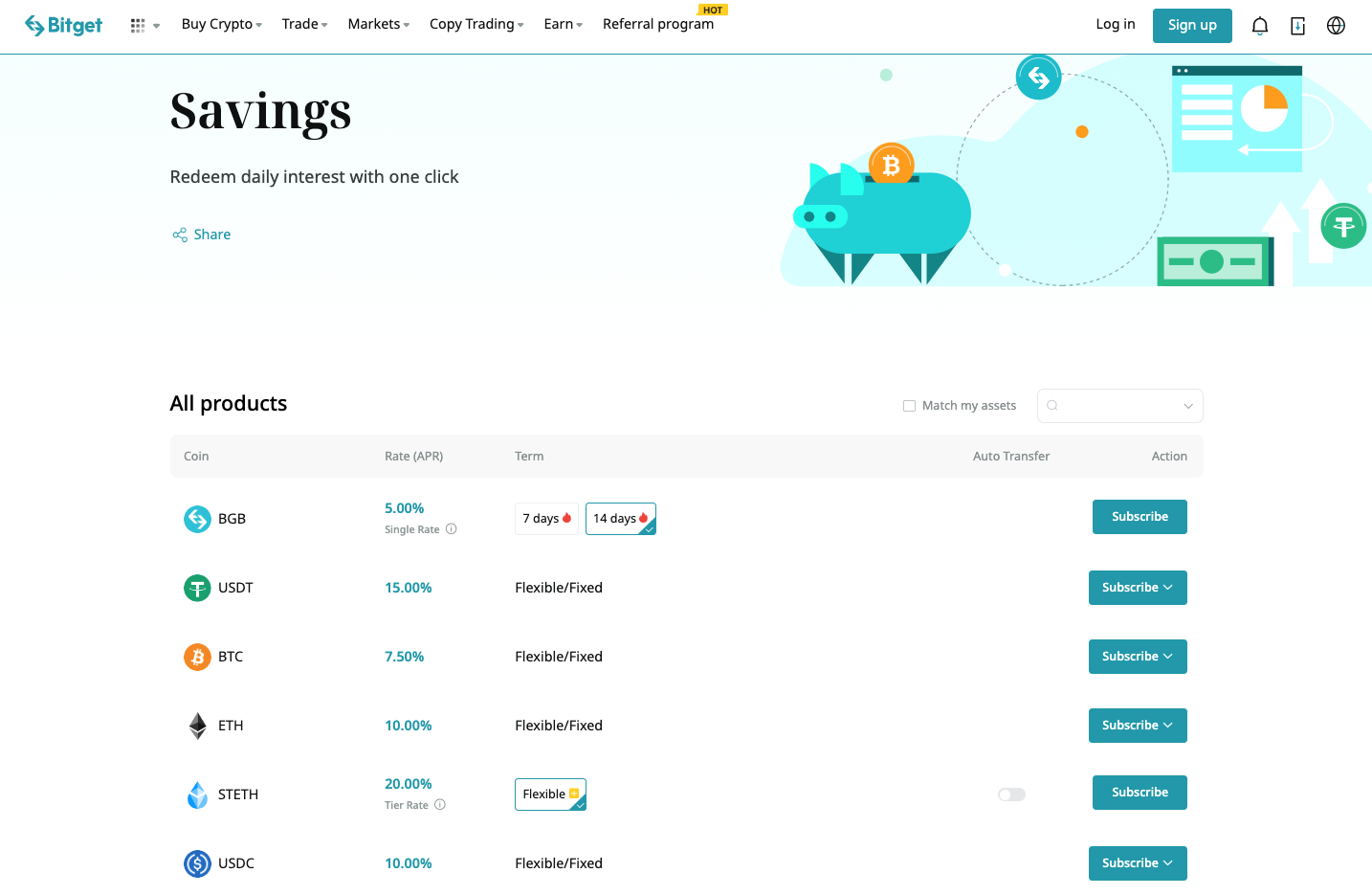
BGB
BGB earning allows you to invest and grow BGB holdings by acquiring different products with an estimated 6% interest rate on investment. With BGB, you can earn 15% interest on your trading fees. All you have to do is subscribe to the BGB products available, wait and redeem your earnings.
BGB Earn
It’s imperative to note that there’s a difference between BGB and BGB earnings. With BGB, you’ll buy the available Bitget products and earn interest from the holdings. For BGB earn, this asset management platform allows you to invest and grow your BGB holdings. The estimated interest is 6%, although it depends on the number of assets you invest. Something unique with BGB earn is that it’s possible to withdraw your earnings before the product expiration date.
Launchpad
The Bitget launchpad is where the platform picks the brightest projects deemed to skyrocket soon. All the projections are automated, and you can buy the tokens in the early stages and earn crypto.
Launchpool
Bitget launchpool is free. Users put a stake in the BGB pool for free and earn token rewards flexibly and securely. To participate, you must be a Bitget user, and all traders must pass the KYC requirement for eligibility. Also, you need to have at least 1 USDT worth of any Bitget-supported token.
The maximum amount of tokens you can stake is unlimited, and the earnings are calculated hourly, so you can harvest your rewards any time you want.
KuCoin also has various earning opportunities for their users.
Crypto Lending
It’s as simple as it sounds: lend a certain amount of crypto tokens for 7 days, 14 days, or 28 days and wait to harvest. The estimated daily interest rate will vary depending on the cryptocurrency, and the demand for borrowing that coin.
Kucoin Earn
This is where you can earn crypto through staking, savings, and other methods. If you choose to lock your crypto for a fixed term, you will receive a higher APY.
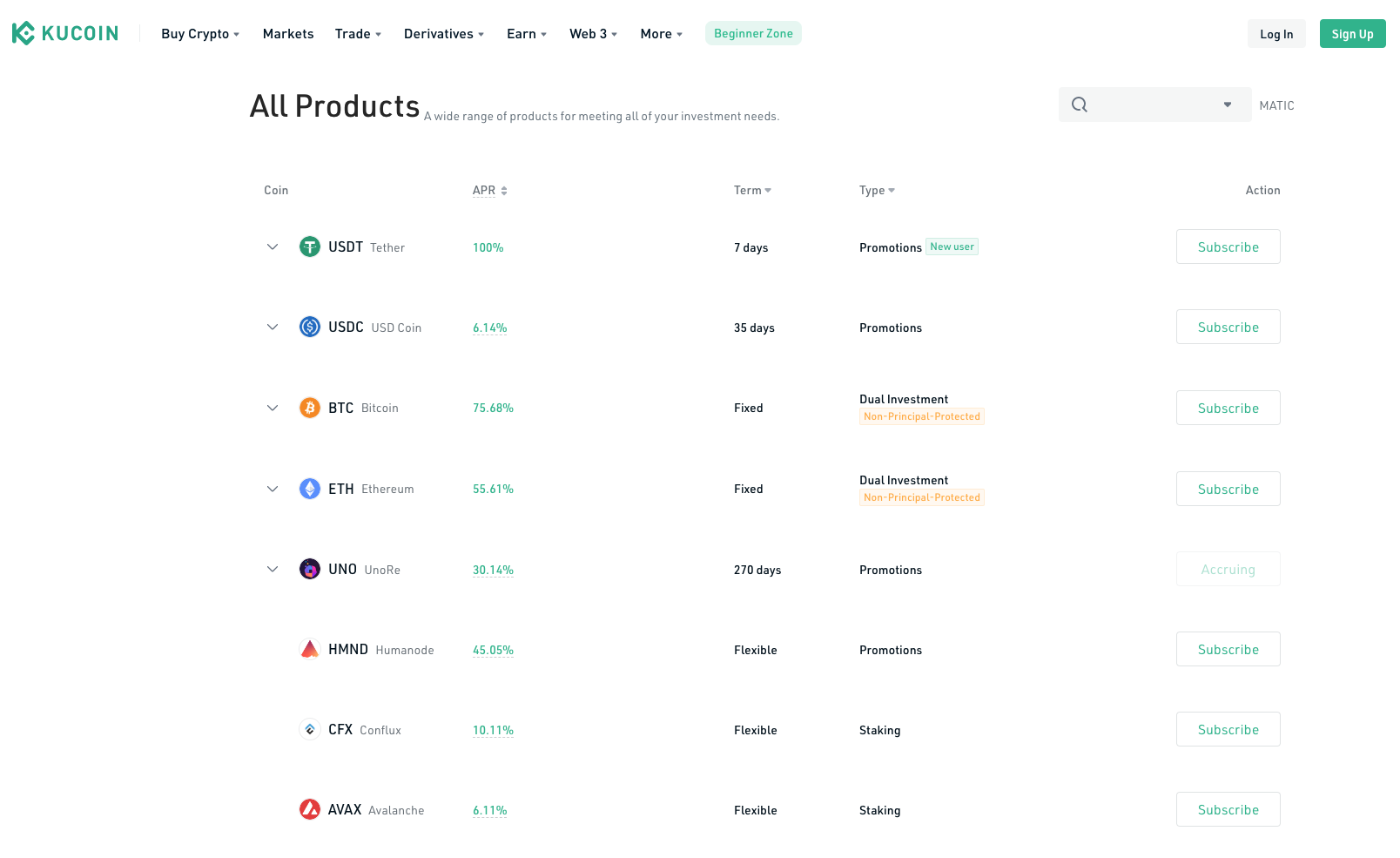
Kucoin Pool and Cloud Mining
Kucoin Pool allows users to engage in mining to empower the Kucoin hashrate to realize gains. So, you get paid by participating in mining and strengthening the platform system. For cloud mining, Kucoin provides you with access to quality assets at a low cost to mine cryptos and gain profits.
Winner - KuCoin
When you compare Bitget and Kucoin in terms of features, Kucoin offers better features. Kucoin has an NFT trading feature, plenty of crypto earning options, and more trading markets.
KuCoin vs Bitget Deposit Methods
Bitget accepts cryptocurrency, credit cards, wire transfers, Apple Pay, and Google Pay deposits. Cryptocurrency deposits don’t attract any fees, and fiat payment incurs a fee charged by the third-party payment processor.
Kucoin accepts crypto, SEPA, Moneygram, prepaid cards, credit and debit cards, Apple Pay, Skrill and Paypal. Crypto deposits are also free of charge, and like Bitget, all fiat methods will incur a fee by the payment provider, usually ranging from 3% - 5%.
Winner - KuCoin
KuCoin wins with more payment options compared to Bitget.
KuCoin vs Bitget Fees
Deposit Fees
Neither Bitget nor KuCoin charge any fees for depositing crypto into the exchange. Both also incur variable fees for fiat payments, depending on the third-party payment provider.
Trading fees
Bitget's trading fee is 0.1% for spot trading, and this can be reduced to 0.08% when paying fees with Bitget token (BGB). Futures trading fees are 0.02% for makers and 0.06% for takers.
KuCoin's spot trading fee is also 0.1%, and similarly, you can discount it to 0.08% when you pay using the native coin (KCS). Derivatives trading fee is 0.02% for makers and 0.06% for takers.
Withdrawal Fees
Withdrawing fiat currency is not supported on KuCoin, and crypto withdrawals are charged a fee that depends on which coin you are withdrawing.
Likewise, on Bitget, you cannot withdraw fiat currencies. Cryptocurrency withdrawals have a variable fee, dependant on the crypto asset.
Number of Cryptocurrencies
KuCoin has a huge range of more than 700+ cryptocurrencies.
Bitget has a decent range of more than 450 coins.
Winner - KuCoin
KuCoin has one of the largest ranges of cryptocurrencies available, with a lot more than Bitget.
KuCoin vs Bitget Security
Bitget is at the forefront of ensuring user data is protected from hackers. The company has adopted strict measures, such as installing secure socket layer encryption to convey your data. They also use strict KYC and AML (Anti-Money Laundering) policies for trader verification and preventing money laundering.
Kucoin has built high-standard bank-level encryption for safe transactions. To protect user data and unauthorized logins, Kucoin has a Google 2FA feature that provides a second layer of security to the user account. It also has a trading password, a 6-digit number used for trading, API verification, and withdrawal. To enhance security in its mobile app, Kucoin has a mobile binding service feature that allows you to connect or bind a user account and email account. Note that you can only bind one user account to one mobile device, and the service is only available in 63 countries.
Winner - KuCoin
In matters concerning safety, Kucoin has a higher level of security than Bitget. Kucoin allows you to use Google 2FA verification, email binding, mobile binding, and a trading password. Even for hackers, it’s hard to bypass all these security measures.
KuCoin vs Bitget Summary
Both KuCoin and Bitget are legitimate, secure crypto trading platforms. They both offer a wide range of coins, low trading fees, and various methods of earning crypto interest. You won't go wrong with either of them.
However, in my opinion, KuCoin is the better choice, as it offers everything that Bitget does, plus more. For example, it has an NFT marketplace, has larger number of coins and trading pairs, and more markets.
Overall Winner - KuCoin
KuCoin is the winner of this comparison. It offers everything that Bitget does, and more.


Still Researching?
To learn more before choosing either exchange, read my reviews of KuCoin and Bitget, or you can see my article on the best crypto exchanges in the US. I also have a comparison table where you can see some key points about the top crypto platforms.
Comparison Table of the Best Crypto Exchanges in the USA
Cryptocurrency is offered by eToro USA LLC (“the MSB”) (NMLS: 1769299) and is not FDIC or SIPC insured. Investing involves risk.
Marketplacefairness.org provides all its content for informational purposes only, and this should not be taken as financial advice to buy, trade or sell cryptocurrency or use any specific exchange. Please do not use this website as investment advice, financial advice or legal advice, and each individual's needs may vary from that of the author. This post includes affiliate links with our partners who may compensate us.
To view our privacy policy read this breakdown.






